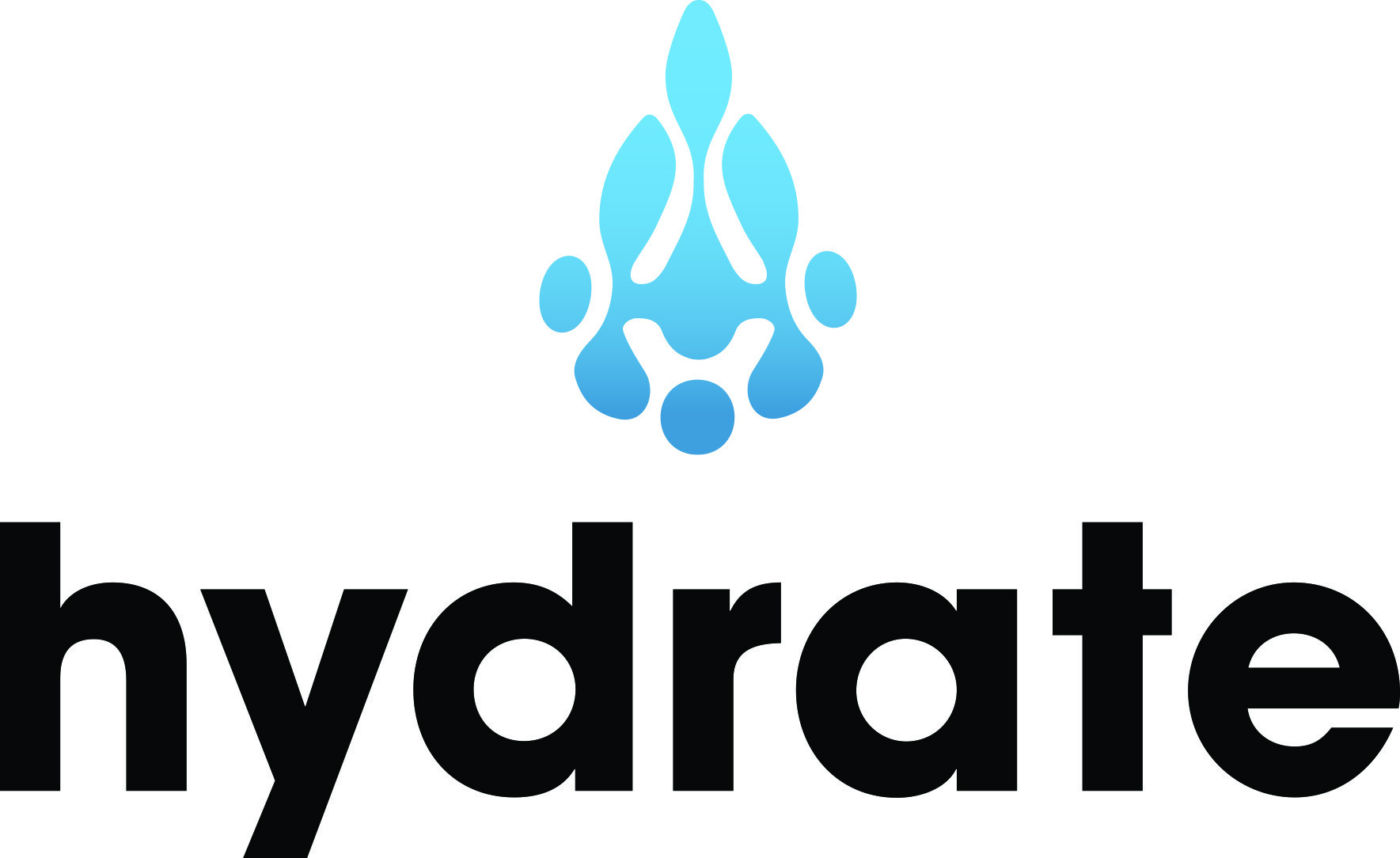Do you ever hang up a Zoom call and think, “Wow, I’m exhausted?” That can be a hard thought to come to terms with. Many of us used to live much more active lifestyles than we do now, so why is a conversation over video chat draining our energy? Believe it or not, Zoom fatigue is a real thing with actual scientific causes!
Zoom fatigue is a term for the tiredness caused by overusing video software, such as the one it’s named after. Last year, Zoom exploded in popularity. The software had a total of 10 million daily meeting participants in December 2019 and by April 2020 that number had jumped to 300 million. Bear in mind, those are not individual users. For example, if you had five Zoom calls in one day, you would be counted five times.
These days there are many modes for connecting: face-to-face, phone calls, texts, snail mail, email, social media, live video gaming, and video calls. The latter has blown up during this time of social distancing, hence the success of Zoom. According to Psychology Today, before the pandemic, roughly two-thirds of all social interactions were face-to-face. Now, a wide variety of communications are done via video call: conducting business, checking on friends and family, participating in fitness classes, hosting major events like weddings, going to school, and beyond. Of course, the ability to connect virtually is something to be grateful for and research has actually shown that the more channels of connection we use to communicate with someone, the stronger that relationship will be.
So, why is it that Zoom calls can feel so taxing then? Jeffrey Hall, a professor of communication studies at the University of Kansas, has conducted many studies on this subject both during and before the pandemic. He uses experience sampling, which involves checking in with people multiple times a day about what mode they last used for communication, who was on the other end, and how much energy the subject felt like that interaction had required. What he’s found is that compared to face-to-face, texting, and using social media, Zoom calls require the most energy of all.
This is because the rewards we receive from video chatting don’t justify how much energy it costs us to participate. The human mind is always, often unconsciously, attempting to maximize reward over cost, so much so that even minor behaviors and decisions are impacted by this brain function. Activating the pathways in the brain that are associated with reward increases subjective alertness, energy, and motivation, according to Psychiatric Times. This means if you feel like your actions will lead to high reward, your energy level will increase. However, if the cost of an action is too high and the reward of accomplishing it too low, you’re likely to become fatigued by it, no matter how small. This relates to Zoom fatigue because functional MRI data has shown that live face-to-face interactions, compared to viewing recordings, are associated with greater activation in the brain regions involved in reward.
But why do our brains perceive video calls as less rewarding than in person meetings? Believe it or not, all the things that Zoom users collectively find annoying enough to make memes about contribute to this, such as...
- Needing to be attentive. If your camera’s on, you’re likely acutely aware of what’s going on behind you. Is my environment messy? Is my kid about to bust in the room? What do I look like??
- Having to stare at yourself. Watching your mirror image while conversing can mess with your mind. Aside from being worried about how everything looks, being on camera so often can cause people to start acting performative. It can lead to the pressure of feeling like you always have to be “on.” Just being able to see yourself during a meeting in general is different because we’re not used to that being the case in person. Zoom meetings can make it feel like all eyes are on you.
- Experiencing technical difficulties. All kinds of things can, and do, go wrong on Zoom calls, from issues within the platform, to poor internet connection, to user error.
- Struggling with nonverbal communication. It’s much harder to pick up on nonverbal cues over a video call. We’re often not seeing someone’s whole body in situations where we normally would be. Simply not being in the same space and able to shake hands messes with the reciprocal communication we’re used to.
- Lacking the ability to gain trust. Millisecond delays in virtual verbal responses actually negatively affect interpersonal perceptions. It’s harder to gain someone’s trust with these delays, even though they’re hardly noticeable. Plus, it doesn’t help that we can’t make direct eye contact on video calls.
In a nutshell, video calls are high cost/low reward activities, so stop beating yourself up. Zoom fatigue is a valid, and even common, experience. Instead, focus on what you can do to combat it...
- Attend less meetings. It’s okay to say no to meetings that aren’t valuable to you. Consider if video is even the right mode of communication in any given moment. Perhaps using a chat platform, such as Slack, will be more efficient and less draining.
- Take breaks. Don’t get caught in a whirlwind of back-to-back Zoom meetings. If you were scheduling in person meetings, you’d give yourself enough time to stretch, use the restroom, and refuel. You should allow yourself those same things, even in the virtual workspace. Breaks like this are actually good for productivity!
- Stop overanalyzing yourself. Did you know you can “hide self-view” on Zoom? This feature means you don’t have to turn your camera off to escape the hell that is staring at yourself all day long. Other people will still be able to see you, but you won’t have to be constantly reminded of that fact.
- Don’t multitask. Because video calls actually require more attention and energy, attempting to multitask is a mistake. Minimize your tabs and don’t check emails or chats while in a Zoom meeting. First of all, it’s rude. Second of all, your brain is already working double time to focus and pick up on nonverbal cues.
- Schedule time where you purposefully shut off, not just the video phone, but all screens. This is something all too important for human wellbeing that most people don’t bother with anymore. Use this time to destress and do the offline things you like.
Although some things may have slowed down over the past year, switching to new forms of communication while trying to keep up the pace can lead to burnout. It’s also worth noting that because of everything else that’s been going on in the world, we’re all extremely vulnerable to additional burdens on our psyches. If you feel the Zoom fatigue starting to set in, it’s time to take a self-care break and practice some of those combat tips. No one (including employers) wants you to be exhausted, they want you focused and fighting!







